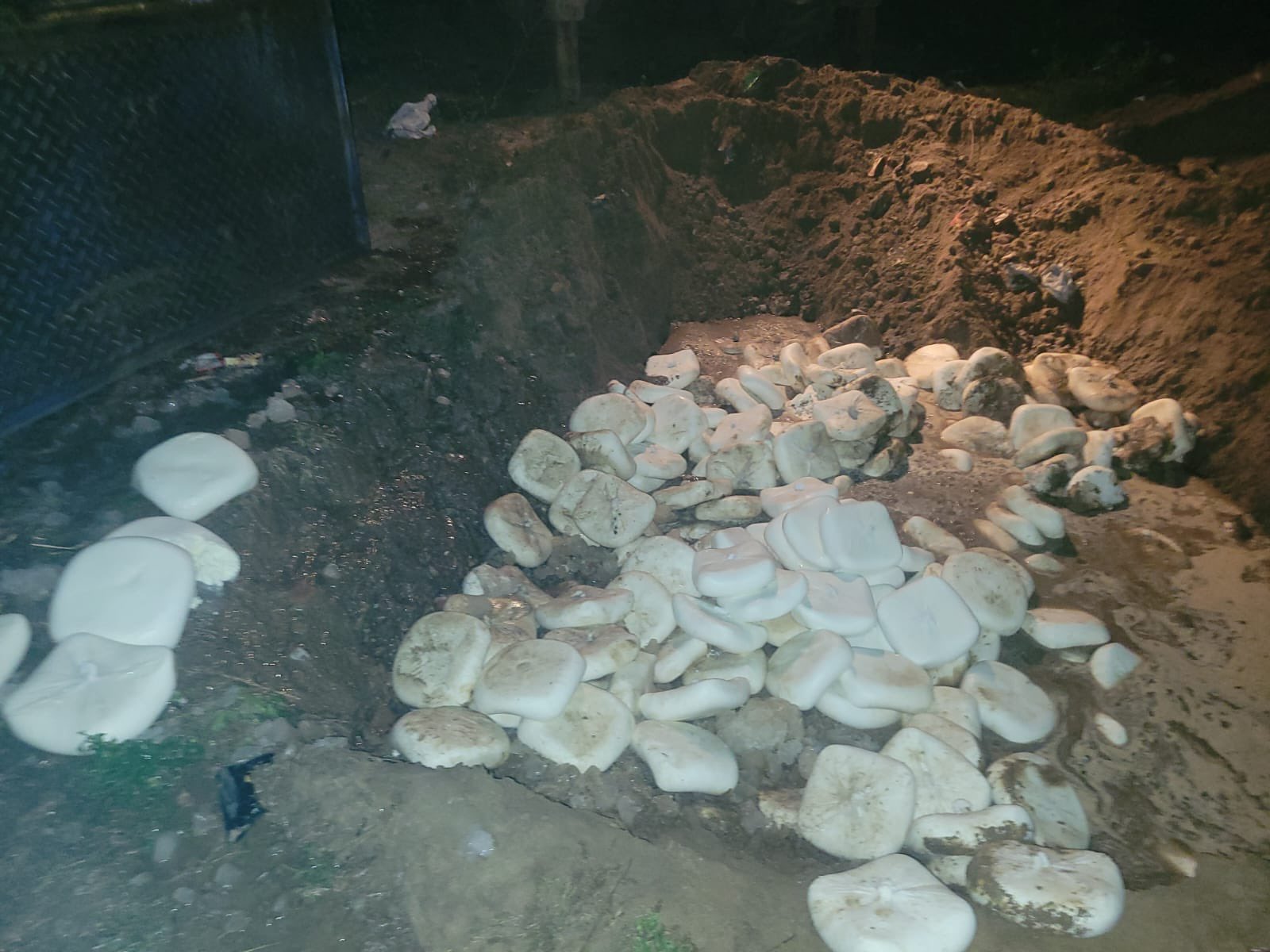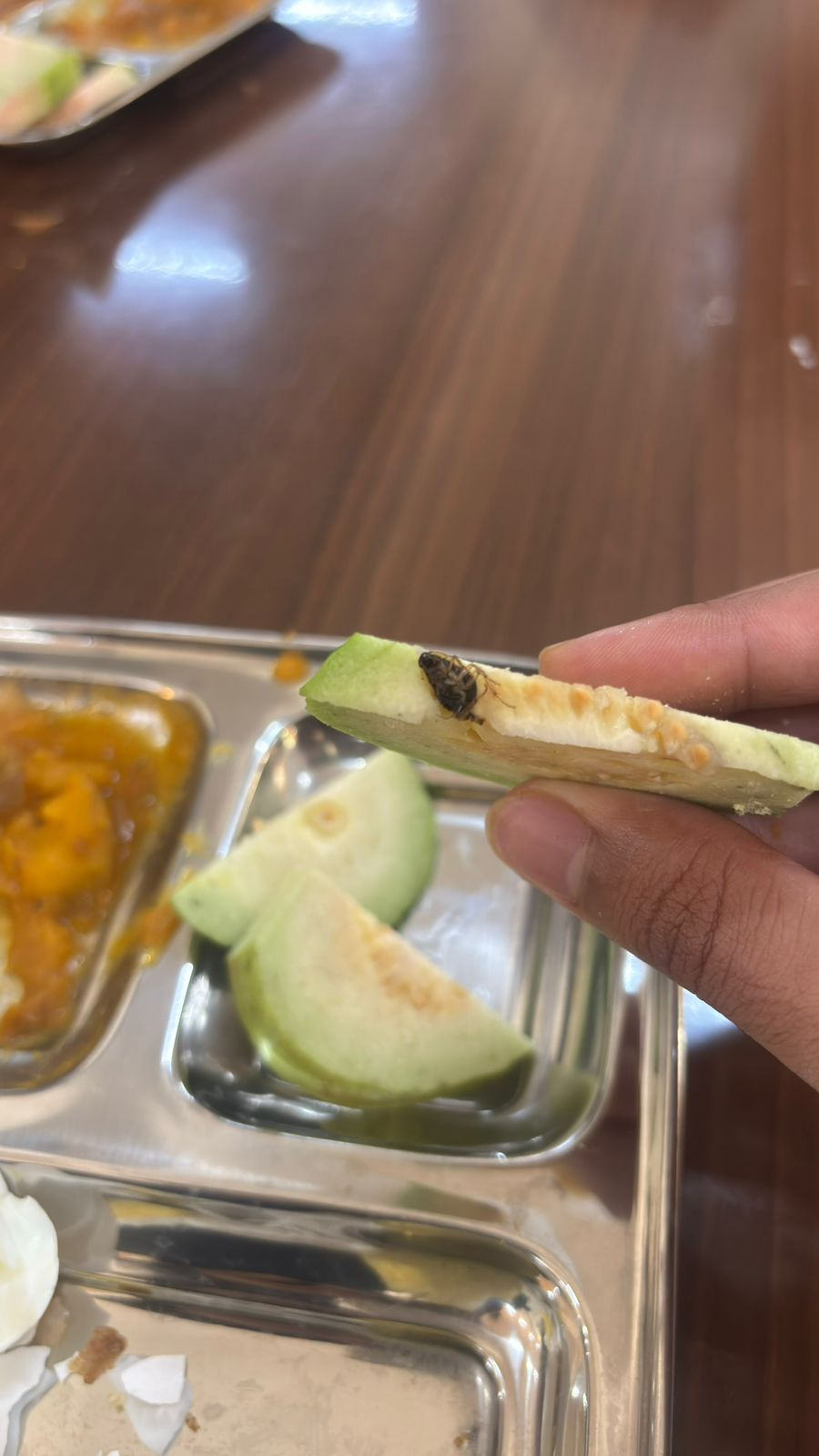There's a chill in the air as winter approaches, and the craving for coffee intensifies. Coffee and tea, the global favorites, are not just beverages; they're rituals, deeply ingrained in our daily lives. While coffee provides energy and boasts a nutritional profile associated with various health benefits, there's a growing curiosity about alternatives that offer both vitality and taste without the caffeine punch. Join me on a journey through some popular coffee substitutes that can tantalize your taste buds while providing a caffeine-free or reduced-caffeine option with numerous health advantages.
Also Read: All About Pesto Sauce - The Origin Story, Pesto Sauce Variations And How To Use
Let's begin with coffee itself. A standard 8-ounce cup of brewed coffee contains around 95 mg of caffeine, instant coffee about 60 mg, black tea about 47 mg, and green tea about 28 mg. Scientific evidence supports the health benefits of coffee, attributing its positive effects to compounds like polyphenols and antioxidants that are linked to a reduced risk of type 2 diabetes, heart disease, Parkinson's, and Alzheimer's.
Now, let's explore other flavorful options with health benefits:
1. Matcha:
This finely ground green tea powder, grown in the shade, offers a vibrant green colour and a unique flavour. With 40 to 175 mg of caffeine per cup, matcha is rich in antioxidant polyphenols like theanine and catechin. Despite its higher caffeine content, it provides a more sustained energy release compared to coffee.

2. Yerba Mate:
Originating from South America, yerba mate boasts an earthy flavour and contains 80-175 mg of caffeine per cup. It is believed to offer a smoother and less jittery effect than coffee, improving focus and reducing fatigue. Yerba mate's antioxidant polyphenols, including chlorogenic acid, are associated with improved glucose regulation and protection against type 2 diabetes.
3. Chicory Root Coffee:
A popular caffeine-free substitute with a roasted, slightly bitter flavour, reminiscent of traditional coffee. Chicory root, used as a coffee alternative for centuries, contains inulin, a fibre with gut health benefits. Studies on animals suggest anti-inflammatory activity.

4. Rooibos Tea:
A red herbal tea from Africa, rich in antioxidants and caffeine-free. Aspalathin and quercetin, predominant antioxidants, help control oxidative stress, reduce inflammation, and protect against aging, heart diseases, diabetes, and some cancers.
5. Yaupon Tea:
A herbal tea native to America, similar to green tea with about 60 mg of caffeine per cup. It contains chlorogenic acid and theobromine, contributing strong antioxidant properties and increased blood flow for improved alertness and energy.
Also Read: 5 Delicious Sandwiches You Can Make With A Jar Of Mayonnaise
As our tastes evolve, the world of coffee alternatives expands. This is just the beginning. So, if you're looking to broaden your palate or seeking a caffeine-free option, give these alternatives a try. Who knows, you might just discover your new favorite morning ritual.
About Rupali DattaRupali Datta is a Clinical Nutritionist and has worked in leading corporate hospitals. She has created and lead teams of professionals to deliver clinical solutions for patients across all medical specialties including critical care. She is a member of the Indian Dietetic Association and Indian Association of Parenteral and Enteral Nutrition.










